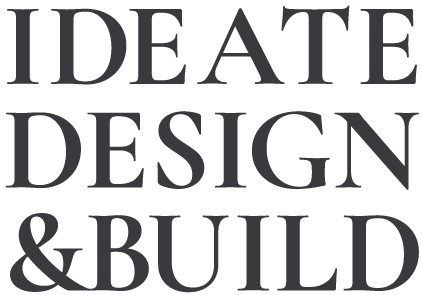Construction Services
1
Reconstruction and renovation projects within multi-family communities
Reconstruction and renovation projects within multi-family communities can greatly enhance the quality of life for residents, increase property value, and attract new tenants/homeowners. However, they can also be complex undertakings that require careful planning, coordination, and compliance with local regulations.
Each multi-family community is unique, so the specific details of a reconstruction or renovation project will vary depending on factors like the property's age, size, location, and the preferences and needs of its residents. Always consult with professionals and experts as needed to ensure the success of the project.
2
Deferred maintenance
Deferred maintenance refers to the practice of postponing necessary maintenance, repairs, and upkeep of a property, often due to budgetary constraints or other reasons. This can include anything from minor repairs like fixing leaky faucets to major structural issues like roof replacement.
When maintenance is deferred, it can lead to various negative consequences. It's important for property owners and managers to have a proactive maintenance plan in place. This involves regular inspections, prompt repairs, and budgeting for routine maintenance and potentially larger expenses. By promptly addressing maintenance needs, property owners can avoid the negative consequences of deferred maintenance and ensure that their property remains safe, functional, and valuable over time.
3
Construction defect repairs
Construction defect repairs are the corrective actions taken to address faults, flaws, or deficiencies in the construction of a building or structure. These defects can arise from errors in design, faulty workmanship, or the use of substandard materials. It's important to rectify these issues to ensure that the property meets safety standards, functions as intended, and complies with local building codes and regulations. Construction defect repairs typically involve a detailed assessment of the problem, a corrective action plan, and the repairs' actual implementation. Depending on the nature and scope of the defects, this may require the expertise of various professionals, including contractors, engineers, architects, and inspectors.
4
Commercial renovations
Commercial renovations involve significant changes or improvements to a commercial property, such as any non-residential space used for business, retail, or other commercial purposes. These projects aim to enhance the space's functionality, aesthetics, and overall value. Commercial renovations can vary widely in scope.
5
Construction budgeting
Construction budgeting is estimating and allocating financial resources for a construction project. It involves planning and tracking the expenses associated with the construction process, from initial design and planning stages to completion and occupancy. Effective budgeting requires thoroughly understanding construction processes, materials, labor costs, and local building regulations. It also benefits from collaboration between architects, contractors, project managers, and financial experts to create a realistic and comprehensive budget.

